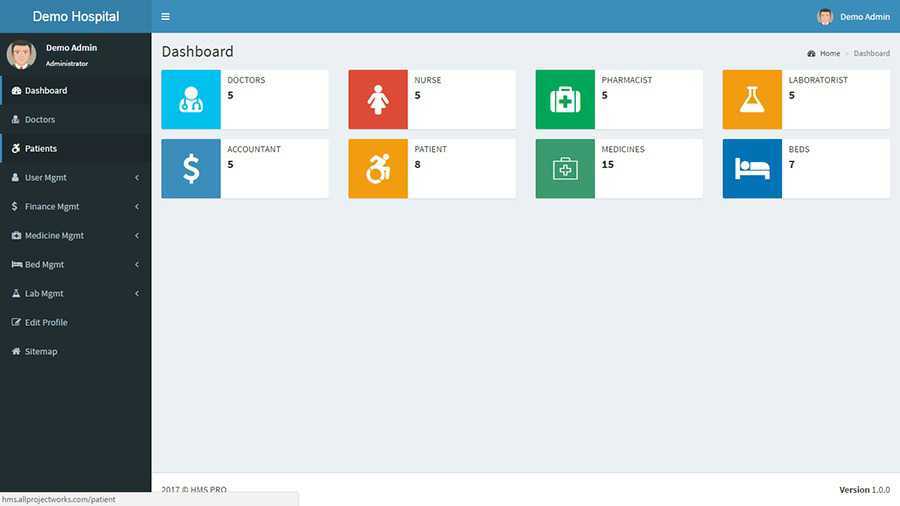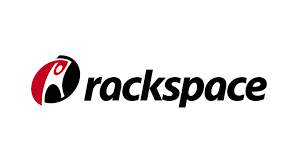Get Reliable and Cost-Efficient Medical Software
Healthcare Software
Development
Innovative technologies that make your healthcare products fast & secure
healthcare product interoperable, robust, fast, and secure.
Big Data
Data Science
Computer Vision
Machine Learning
Internet of Things (IoT)
Augmented Reality (AR)
Virtual Reality (VR)
Blockchain
Our approach to Custom Healthcare Software Development and Evolution
1. Planning
- Help translate your healthcare software idea into a competitive solution.
- Elicit and analyze functional, operational, and accessibility requirements to create a healthcare software specification.
- Define the applicable regulatory requirements (e.g., HIPAA, FDA, GDPR, MDR, IVDR) and incorporate them into the software design and delivery plan.
- Define the healthcare software development project scope and provide a high-level delivery schedule.
- Analyze the potential risks of software development, software use, etc., and develop a risk mitigation action plan.
2. Design
- Map user journeys to design intuitive and simple user experience.
- Design a visual identity for your healthcare software brand.
- Create attractive software interface elements (buttons, menus, icons, etc.) to achieve a sleek visual design with a focus on accessibility.
3. Development
- Deliver the project according to an iterative approach (with 2-4 week iterations).
- Develop an MVP or the first application version with a set of high-priority features to ensure faster ROI.
- Implement advanced security features to guard PHI (e.g., multi-factor authentication, role-based access, data encryption).
- Integrate software with a healthcare organization’s IT environment or implement APIs for healthcare software products.
4. Testing
- Functional testing and integration testing.
- Software compliance and vulnerability assessment, penetration testing.
- Performance testing.
- Usability and accessibility testing.
5. Pre-launch activities
- Revise and update the software documentation.
- Conduct a HIPAA compliance pre-audit or GDPR compliance audit.
- For SaMD or medical device software: initiate premarket submission according to the FDA 501k program (US) or the requirements of a Notified Body designated under MDR/IVDR (EU).
6. Launch
7. Support and maintenance
- Monitors and manages the performance of healthcare software.
- Proactively detects and fixes defects.
- Performs daily healthcare software administration tasks (e.g., security checks and updates, user or access management).
- Conducts audits to ensure compliance with HIPAA and GDPR requirements.
8. Healthcare software evolution

How to Ensure HIPAA Compliance of the Software?
When AV Advisors works on a healthcare software project, we engage our in-house regulatory consultants and integrate HIPAA compliance into all development stages to minimize risks of patient data loss, theft, alteration, and potential financial risks. We sign Business Associate Agreement with each customer to guarantee that we follow HIPAA guidelines. During the development, we implement data security, access management, encryption methods, security practices documentation, etc. We also draw up a risk mitigation plan for medical software usage and review it throughout the project.
Solutions We Offer

Remote Patient
Monitoring

Healthcare Integration

Custom EHR/EMR

Healthcare Integration

Practice Management

Practice Management

mHealth

Healthcare Analytics
Healthcare Software Development Timelines
Medical software project start
within 1 week.
MVP release
from 2-4 months.
New healthcare software versions
every 2-4 weeks.
Technologies We Use
Back-end programming languages

Front-end programming languages
LANGUAGES
JAVASCRIPT FRAMEWORKS
Mobile
Clouds

DevOps
CONTAINERIZATION
AUTOMATION
CI/CD TOOLS

MONITORING
Platforms
Benefits
Existing Needs
Design
Compliance
Existing Needs
Design
Compliance
Frequently Asked Questions
What is custom healthcare software development?
What are the advantages of healthcare apps?
Healthcare applications can be accessed and used through a smartphone and an internet connection. Such applications have many advantages like –
- Simplified online payments
- Patient engagement
- Appointment scheduling
- Virtual consultations
- IoT based remote health monitoring
- Quick access to patient portal
What is healthcare software?
Why is healthcare software important?
What type of software is used in healthcare?
What are the most important qualities of healthcare software?
Some of the most important features for any type of healthcare software are –
- Interoperability
- User-friendly interface
- Scalability
- Data security
- Reporting and analytics
- Workflow automation
- Compatibility
What are the benefits of healthcare software?
The use of software for healthcare operations over conventional pen and paper based systems has many benefits. Some of them are –
- Improved quality of care
- Better patient experience
- Streamlined operations
- Higher revenues
- Lower overhead
- Fewer errors
- Increased productivity
- Transparency and accountability
- Minimal paperwork
What are the benefits of software development for healthcare industry?
Health care software development has not only created a whole new sub-industry within the broader software industry, but also opened up healthcare for innovations. Let’s see how it has benefitted stakeholders –
- Introduction of novel technologies like artificial intelligence, IoT, and Blockchain that can revolutionize the industry
Improved access to care for people in remote locations - Accelerated research into pharmaceuticals, cures and faster drug discovery
- Use of data analytics to predict disease and identify people at higher risk, thereby facilitating a proactive approach to care instead of the usual reactive one
- Improvement in disease management
- Improved doctor-patient rapport for greater patient involvement in care
- Greater convenience for patients, providers, and payers.
What does the future hold for healthcare software development?
The increasing telecommunication capabilities would usher in IoT-powered remote care where health vitals would be transmitted in real-time through IoT gadgets to providers. In addition to these, there are growing investments towards personalized medicine and robot assisted surgery, coupled with automation across workflows.
Telemedicine is one of the hottest buzzwords in healthcare. The Covid-19 pandemic accelerated its adoption and has extended the access to specialist care to remote, rural locations.
3D printing or additive manufacturing has shown great promise in its ability to manufacture prosthetics and other equipment at a fraction of the cost, which could bring relief to millions.
The future of healthcare software development is unfolding with each passing year and growing investments into innovation continue to guide its growth
What are the challenges faced in custom healthcare software development?
Although software in healthcare has benefitted all the stakeholders and created enormous value, there are significant challenges that every custom healthcare software development company faces –
Cybersecurity – Data has grown in value enormously and hackers have been getting bolder and ever more audacious in their attacks.
Regulations – Newer technologies are bound to attract evolving regulations. Navigating them while also innovating is major hurdle that all medical software developers must face.
Increasing healthcare costs – Increasing costs continue to pose major challenges for patients and payers, resulting in decreasing access to care.
Integrations – Evolving technologies must work seamlessly with legacy or older systems. Achieving this integration is proving to be challenging for medical software companies.
What are the advantages and disadvantages of custom healthcare software development?
Advantages –
- Lower overhead
- Increase in revenues
- Improved patient engagement
- Software tailored according to specific needs
- Improved productivity and efficiency
- Adoption of newer technologies
Disadvantages –
- High initial costs
- Time-consuming
- Reliable vendor support
- Integration with legacy systems